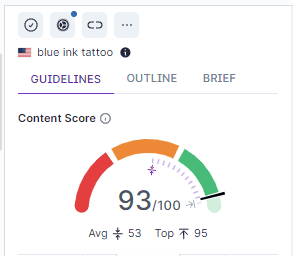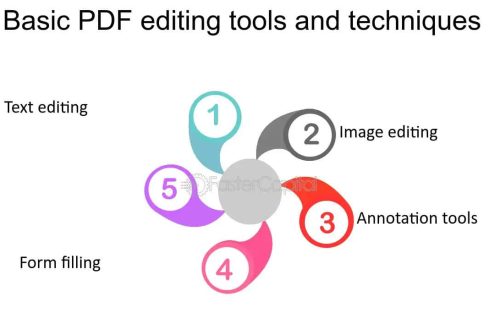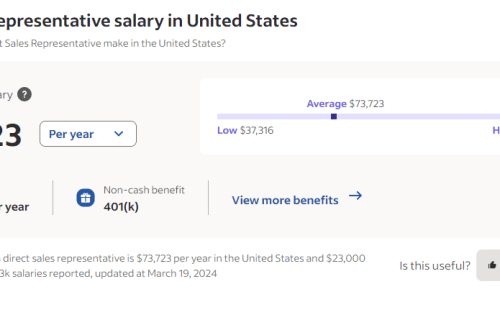Ranking high on Google is tough—especially with millions of new content pieces published daily. To stand out, your content needs more than just great writing; it needs precise optimization. That’s where Surfer SEO comes in.
Surfer SEO is a powerful tool that helps you optimize your content by analyzing what’s already working for top-ranking pages. It then creates a concise checklist of sorts that you can use while you’re writing. As you work, Surfer SEO “scores” your page in relation to those top-ranking pages to let you know if you have a chance of beating them out for that coveted top-spot in Google or if you need to keep optimizing.
In this article, we’ll dive into how to use Surfer SEO’s scoring software to boost your rankings on Google.
Key Components of Surfer SEO
Surfer SEO offers several powerful features, but we’re going to be looking at the two you’ll be using the most when writing a new article or blog post for the purposes of bringing in traffic through organic content like articles and blog posts:
1. Content Editor
This is where the magic happens. After inputting your target keyword, Surfer SEO will make the Content Editor. This is what will analyze your content as you write, offering real-time feedback on keyword usage, word count, headings, and more. It helps you structure your content in a way that aligns with what’s currently ranking on Google.
For example, if you are writing an article analyzing the best online tattoo course, it will generate a related content editor to show you related keywords, phrases, and headings to use.
You can write your article right in the Surfer SEO software or connect it to Google Docs.


2. SERP Analyzer
The SERP Analyzer digs deep into the top-performing pages for any given keyword, providing insights into why those pages rank well.
Understanding Your Surfer SEO Score
The Surfer SEO Score is calculated based on several key on-page SEO factors, each contributing to the overall score out of 100. Here’s what goes into your score:
- Keyword Usage:
- Primary Keywords: The frequency and placement of your main keyword are crucial. Surfer SEO tracks how often your primary keyword appears in your content, headings, and meta tags. It also checks if you’re using variations of the keyword naturally throughout the text.
- LSI Keywords: These are related terms that provide context. They help search engines understand the broader topic of your content.
- Content Length:
- Surfer SEO suggests an optimal word count range based on what’s currently ranking.
- Headings Structure:
- Surfer SEO evaluates how well your content is organized using headings (H1, H2, H3, etc.). Proper heading usage makes it easier to search engines to understand what your article is about, making it easier to climb in search rankings.
- Content Structure and Readability:
- Surfer SEO looks at how well your content is broken down into paragraphs, lists, and other elements that enhance readability.
- Use of Media:
- Surfer SEO tracks whether you’re using videos and images effectively.
- Internal and External Links:
- Integrating internal and external links can boost your score by enhancing the credibility and connectedness of your content.
How to Improve Your Surfer SEO Score



To boost your Surfer SEO Score, start by addressing any areas where your content falls short compared to the top-ranking pages.
Increase Keyword Density
You’re trying to get each of the suggested keywords and phrases into the “green.” If Surfer SEO suggests using a keyword 10 times, and you’ve only used it once, the keyword will appear “yellow” until you get closer to the goal of using it 10 times.
Expand Content
If your word count is below the recommended range, consider adding more valuable content that aligns with user intent.
Optimize Headings
Adjust your headings to better reflect the structure and keywords of top-ranking pages.
Enhance Media Use
Add relevant images, videos, or infographics to enrich your content.
Use Alt Image Text
Alt image text is tracked by Surfer SEO. If you come across a keyword that isn’t easily integrated into your content naturally, consider if you can find a matching image to use in your content. Simply put that keyword as the alt image text.
Pictures Make a Huge Difference
If you’re struggling to get your score up, make sure you’re using the recommended amount of images. This is the one single factor that can make the most change to the score (outside of using your primary keyword in the title of your article).
Should You Try Getting a 100?
Getting a “100” is very difficult to do. Even if you follow every recommendation to a T, you might not get a 100 score. You want to get as close to a perfect score as possible, but if it’s going to take several hours of tweaking to get a perfect score, the juice isn’t worth the squeeze. Instead, focus on beating the “Top” score. This is the score of the top-ranking article. If you can beat that, then you’ll have a good chance of ranking as your site gains more and more authority in the eyes of Google.
Updating Articles With New Content Editors
This isn’t “one and done.” As people and search terms change, so do the metrics for a “perfectly optimized” article. If you revisit an article six months to a year later, it’s best to make a new Content Editor, as it will have the updated recommendations.
Common Mistakes to Avoid
Surfer SEO is a fantastic tool, but it’s easy to fall into a few traps. For starters, over-optimizing by cramming in too many keywords can make your content sound awkward and might even hurt your rankings.
It’s important to keep your audience in mind—your content should answer their questions, not just tick off SEO boxes. If human readers pop off the page right away, then it doesn’t matter how high your Surfer Score is.
Additionally, don’t forget about internal links—they help both your readers and search engines navigate your site.
Final Thoughts

Optimizing your content for Google doesn’t have to be a guessing game, especially with tools like Surfer SEO at your disposal.
By understanding how to use its scoring system and features, you can fine-tune your content to better compete with top-ranking pages. Remember, while it’s important to pay attention to your Surfer SEO Score, the real goal is to create valuable, engaging content that resonates with your audience. Surfer SEO can simply help you get in front of those readers’ eyes faster.





